UK set to grant police more powers to crack down on strikes
British Prime Minister Rishi Sunak’s government has proposed an amendment to the anti-protest bill, asking lawmakers to give more powers to the police to clamp down on protest rallies, in fear of more strike and demonstrations over the cost-of-living crisis.
Through an amendment tabled to the Public Order Bill (POB), the UK government is set to announce a series of security measures to enable police to deal with protests before they even happen, thus tightening the government’s grip, enforcing a crackdown and preventing dissent from growing before there is a disruption to the society.
By broadening the legal definition of "serious disruption" in the British POB, Downing Street wants to provide the UK police with a pretext for cracking down on protesters amid the worsening economic conditions.
Despite the increased powers, Sunak claimed that UK police chiefs had complained to him that there were problems due to the ambiguity in the law about the definition of "serious disruption" which was creating issues for them.
“The right to protest is a fundamental principle of our democracy, but this is not absolute. A balance must be struck between the rights of individuals and the rights of the hard-working majority to go about their day-to-day business, " Sunak said in a statement late on Sunday.
“We welcome the constructive conversations with government over more clearly defining serious disruption. This will support officers in confidently and quickly taking action and making arrests where appropriate,” UK National Police Chiefs’ Council Lead for Public Order and Public Safety, Chief Constable BJ Harrington, said.
Depicting the nation-wide protests as "criminal activities", Harrington claimed that “policing is not anti-protest, but there is a difference between protest and criminal activism, and we are committed to responding quickly and effectively to activists who deliberately disrupt people’s lives through dangerous, reckless, and criminal acts."
The UK government's move to stop protests follows a series of demonstrations, mostly by activists who had adopted more effective ways to prompt the UK government to do more about climate change.
Meanwhile, the conservatives are also pushing for new anti-strike laws forcing the staff to maintain a basic level of service during strike time or face dismissal.
During the past months, the UK has been grappling with its biggest strike wave for decades, with airport baggage handlers, border staff, driving instructors, bus drivers, and postal workers walking off their jobs to demand higher pay, to be able to cope with the soaring inflation and worsening cost-of-living crisis.
Mediterranean dockworkers stage coordinated strike in solidarity with Gaza
US intel. chief blocked report on ‘call between foreign agent and Trump associate': Whistleblower
VIDEO | Al-Zahra: Once vibrant Gaza City reduced to ruins in Israeli bombing and selling
Iraqi volunteers enlist to support Iran against potential US attack
ICE secretly deports Palestinians in Trump ally's private jet to Israel: Report
VIDEO | Press TV's news headlines
IRGC captures nearly a dozen PJAK terrorists in western Iran
Iran, Qatar say keeping regional peace is shared responsibility


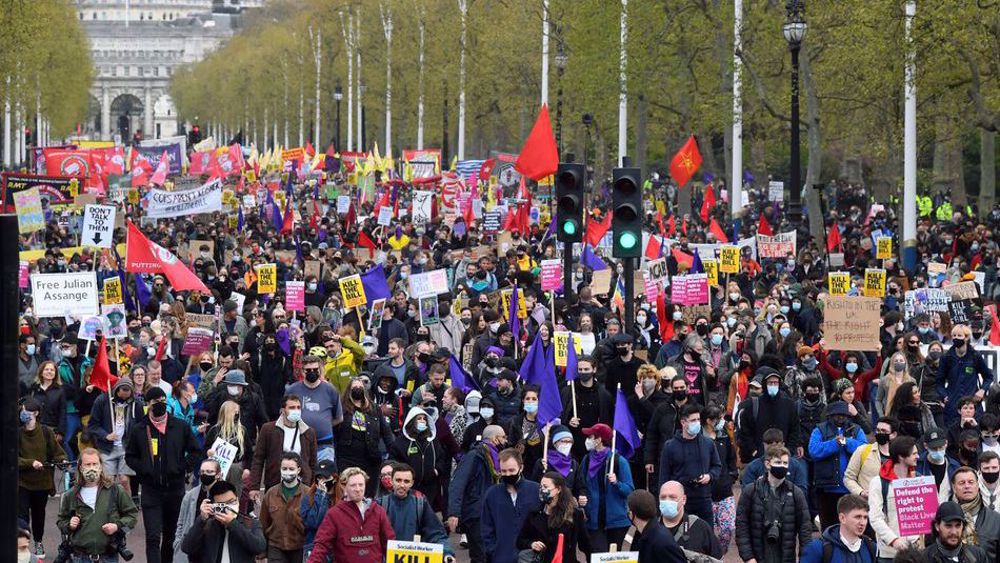
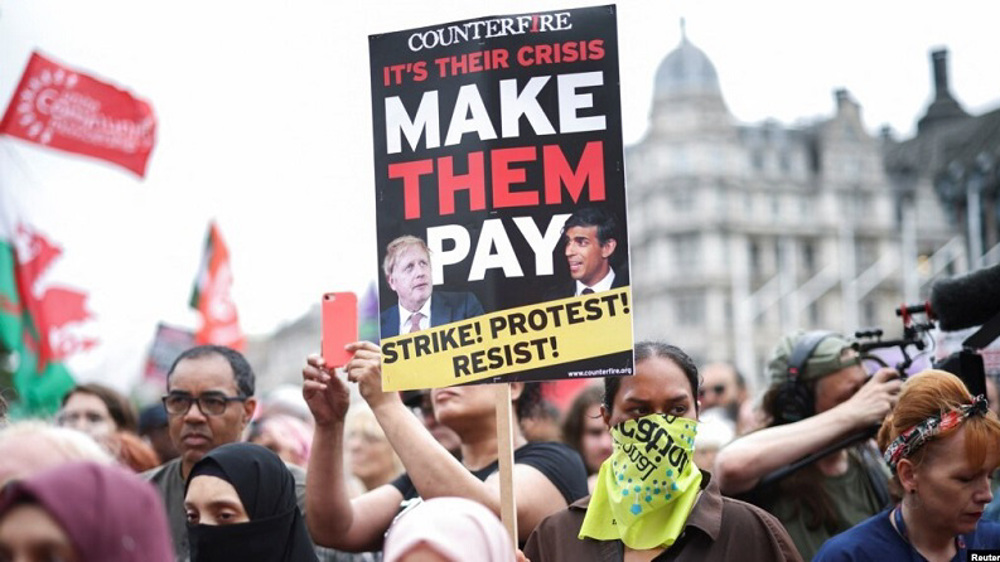
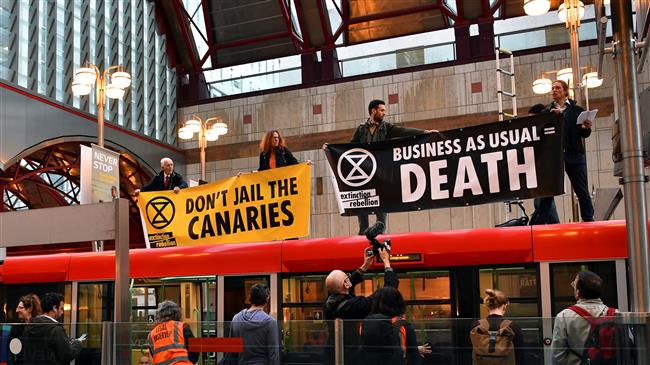
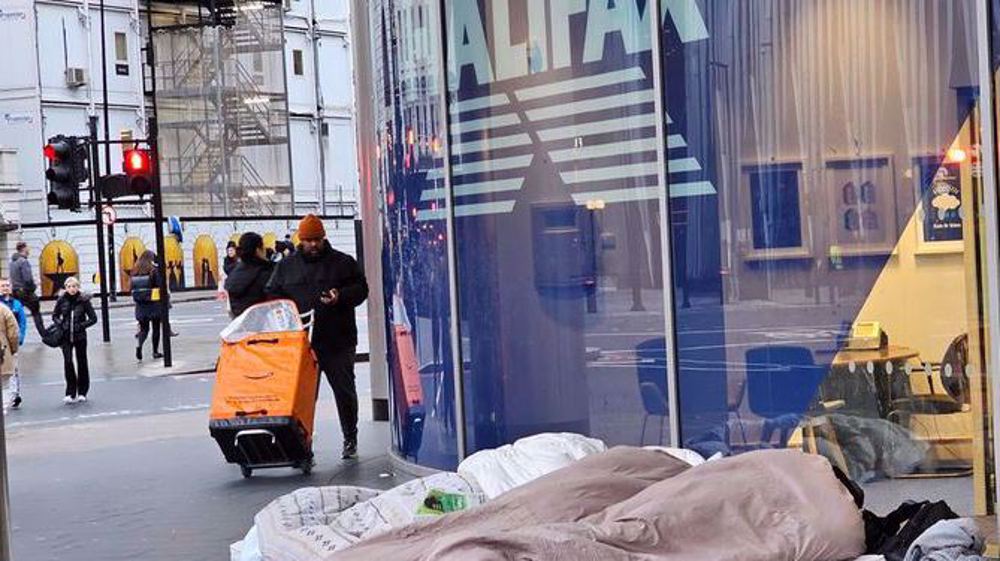
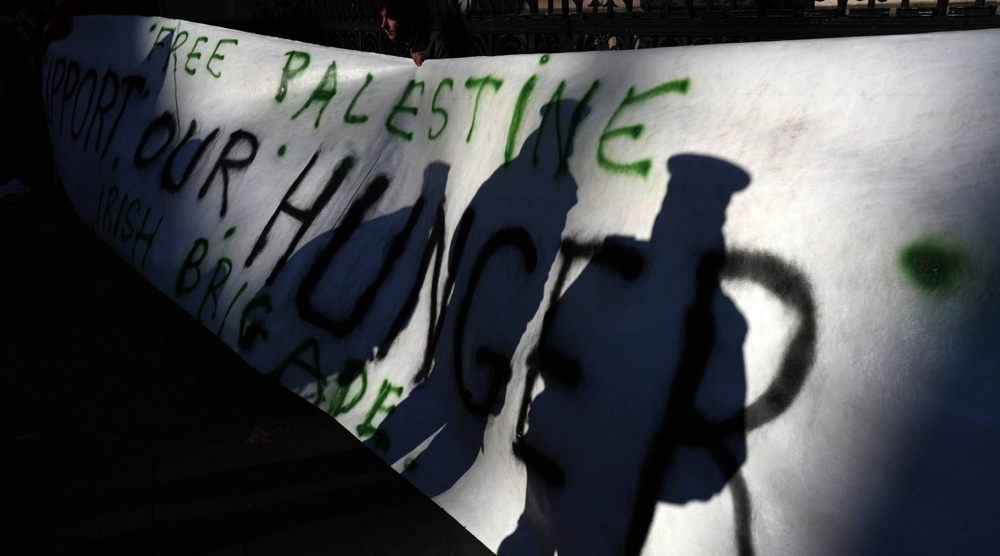
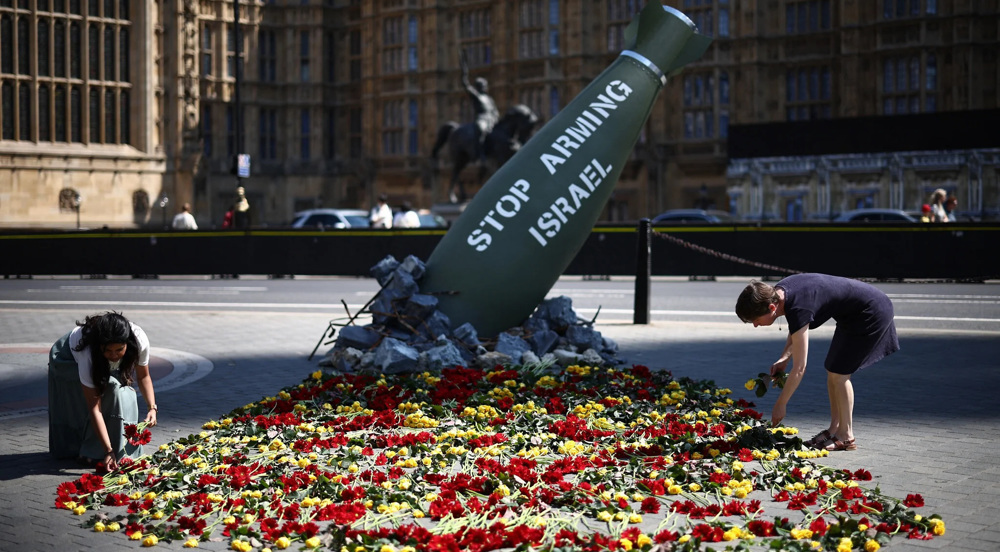



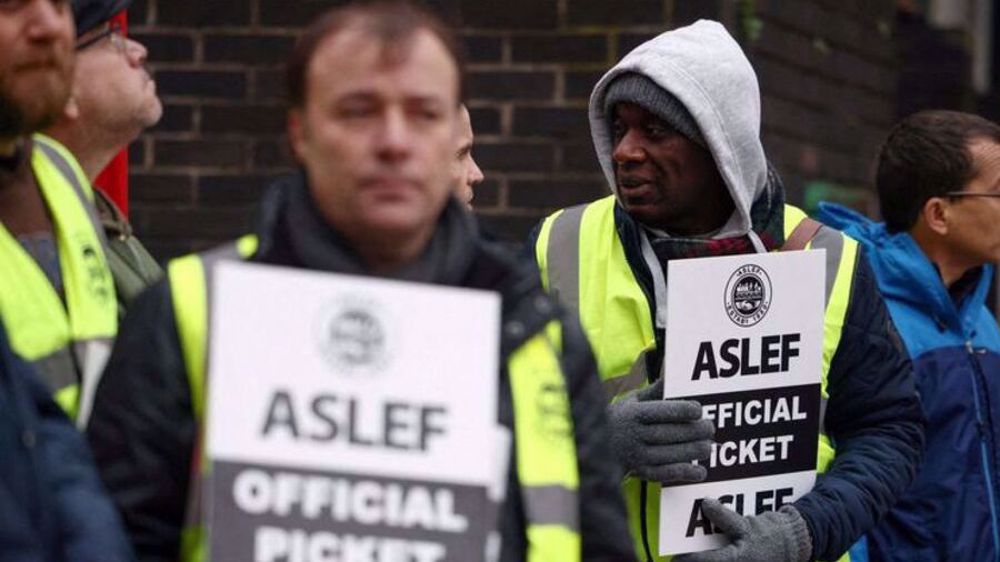

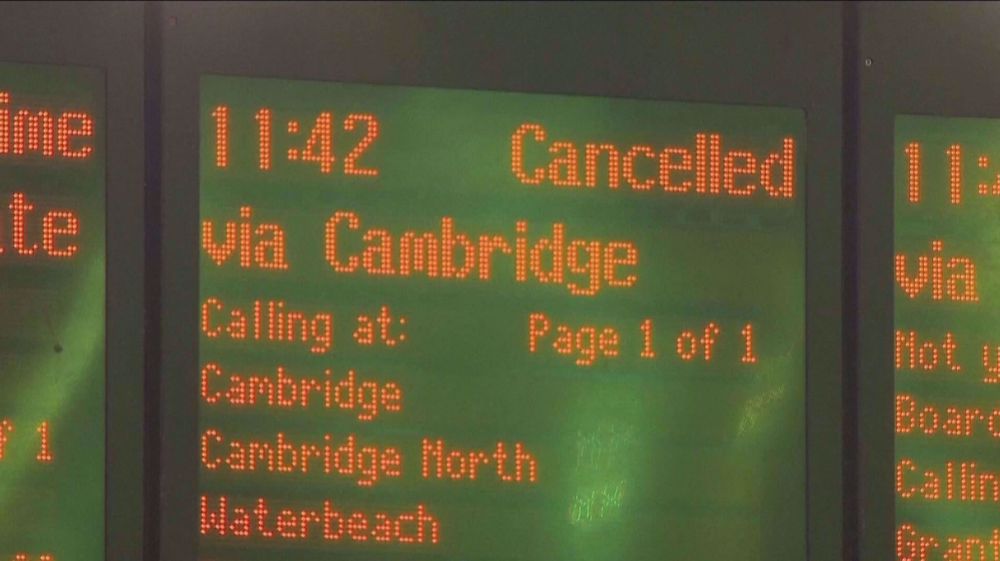
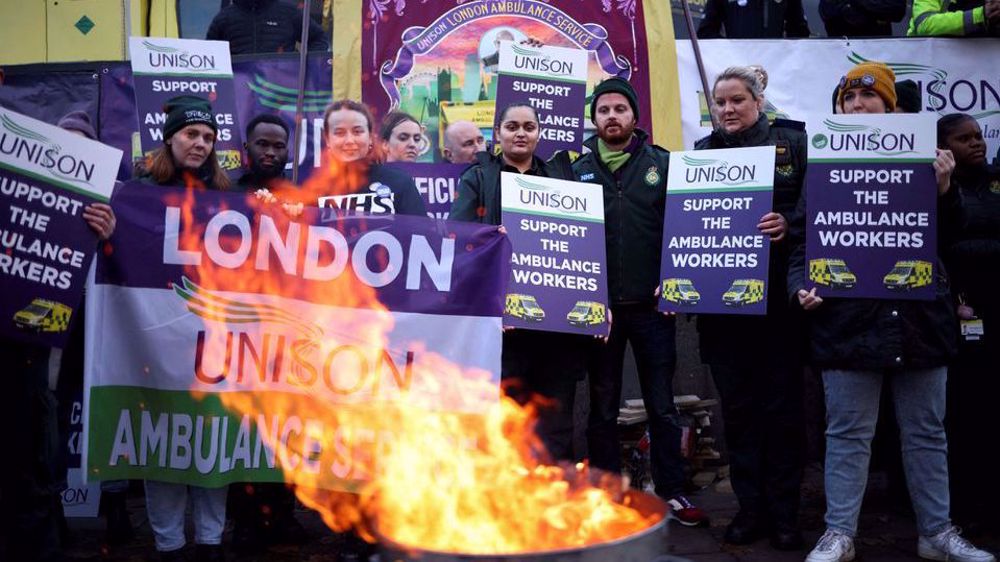
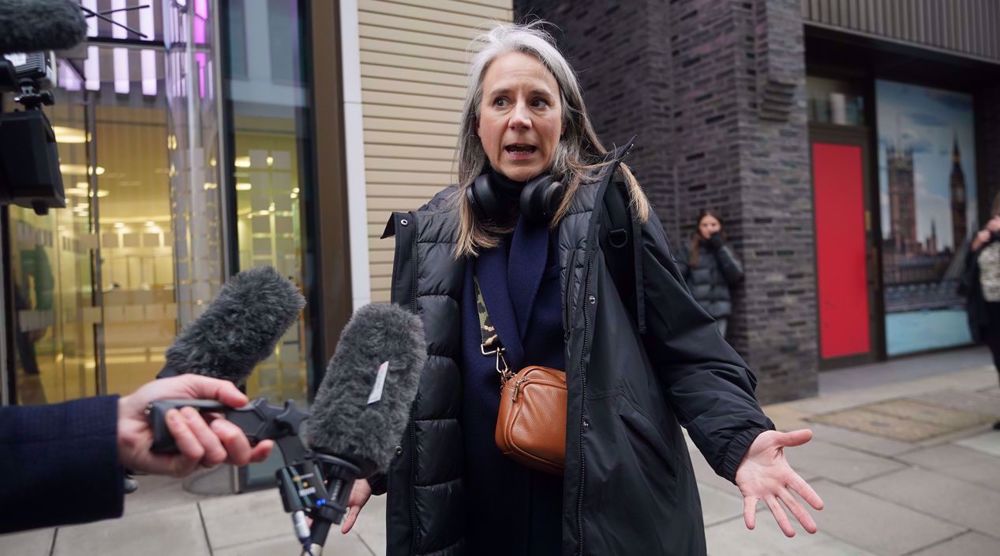
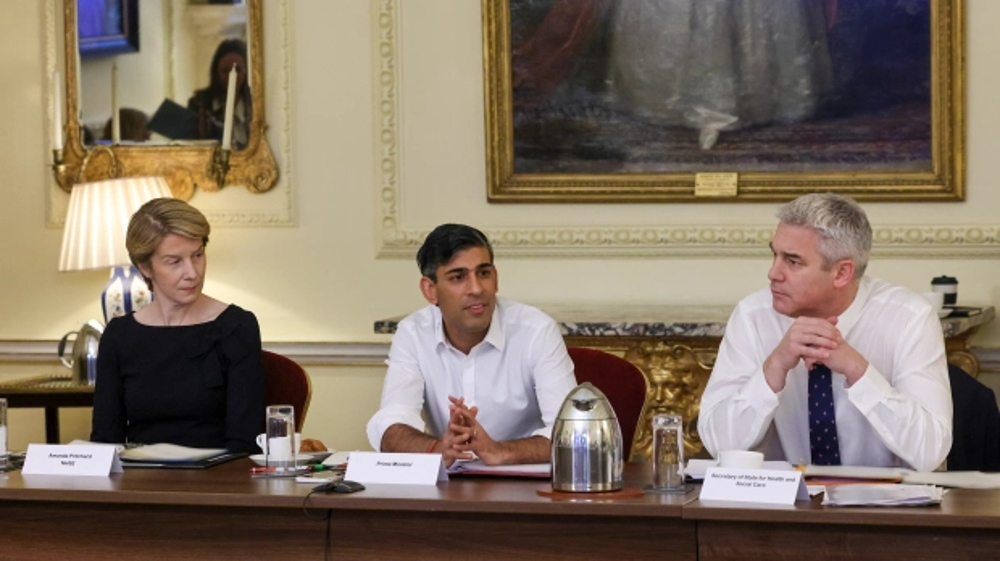

 This makes it easy to access the Press TV website
This makes it easy to access the Press TV website